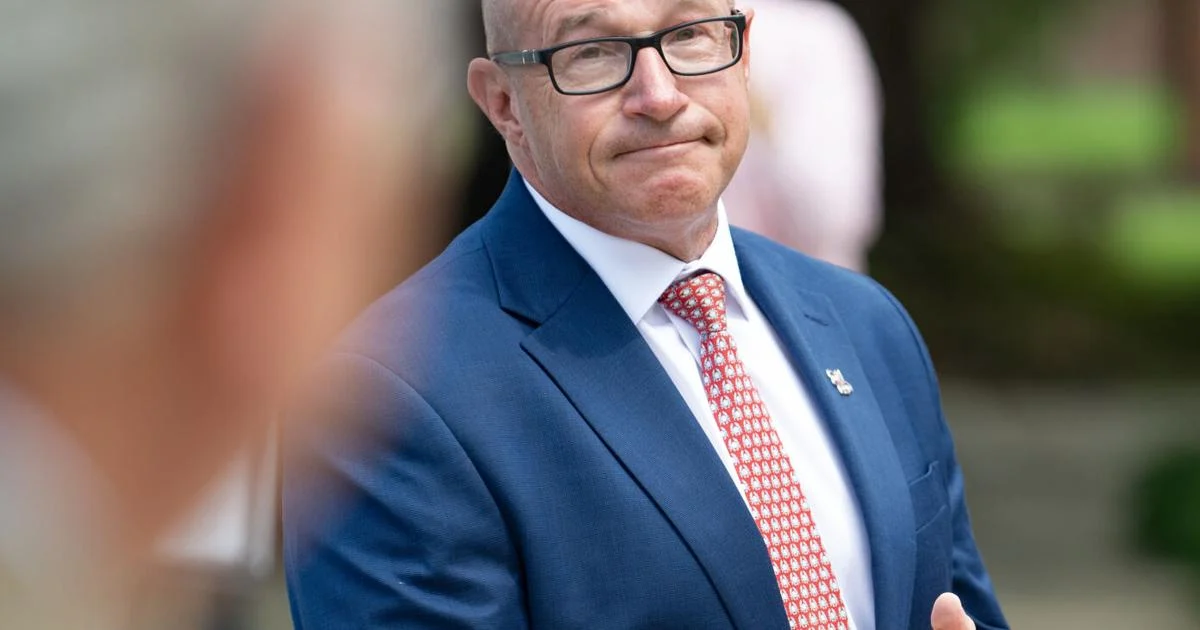
The day after University of Louisiana at Lafayette’s interim president Jaimie Hebert announced that the campus is facing a $25-million budget deficit, he presented plans for potential cuts to officials who oversee the UL System.
Hebert had announced the budget shortfall this week, saying most divisions across campus will slash operational expenses by 10%, but that no academic programs have been cut so far. While the cuts UL has announced should add up to roughly $15 million, administrators are still looking for more ways to cut costs.
The university has struggled to increase full-time undergraduate enrollment in recent years, a likely contributor to the deficit. After full-time undergraduate enrollment swelled to 14,964 in 2017, the university has not reached that figure again.
This fall’s full-time undergraduate enrollment is 12,417.
Universities across the state — and the country — are also contending with declining enrollment.
It was among the reasons the University of New Orleans faced a $15 million deficit last year. UNO, which was part of the UL system at the time, used layoffs, furloughs, college consolidations and more to make up their shortfall.
A UL spokesperson has not answered questions about whether employees could face layoffs, and UL officials have offered few details about the options they are weighing to address their budget gap. Hebert said this week that cuts to Academic Affairs would be only 5% to limit the impact felt by students.
“All I can say is that the interim president and his team are working to address a sustainable path forward for UL Lafayette,” said UL System President Rick Gallot on Friday. “They’re working hard, and we’re certainly optimistic that they will chart the right course to move the University of Louisiana at Lafayette forward.”
Gallot declined to comment on further specifics about their plans.
Hebert’s meeting with UL System leaders was “productive and will continue in the coming weeks,” a university spokesperson said Friday.
UL System Chairperson Mark Romero did not return a message for this story.
Hebert took over the university in July after former President Joseph Savoie stepped down a year before his contract expired.
Before Savoie stepped down, the university’s Vice President of Finance and Administration, Jerry Luke LeBlanc, resigned abruptly in May. Edwin Litolff is serving as interim vice president of finance for UL.
Some other factors, including changes at the federal level, could also affect UL’s funding.
A July report from the left-leaning think tank Center for American Progress said UL was set to lose $4.7 million in grant funding terminated by U.S. President Donald Trump’s administration.
Generally, university administrators who face major deficits have to make unpopular decisions and cut programs along with staff.
The University of Arizona, for example, implemented hiring and spending freezes and restructured some offices to make up for a $177 million budget hole, according to the Chronicle of Higher Education. The university also raised revenue by changing how it manages enrollment and financial aid allocation.



